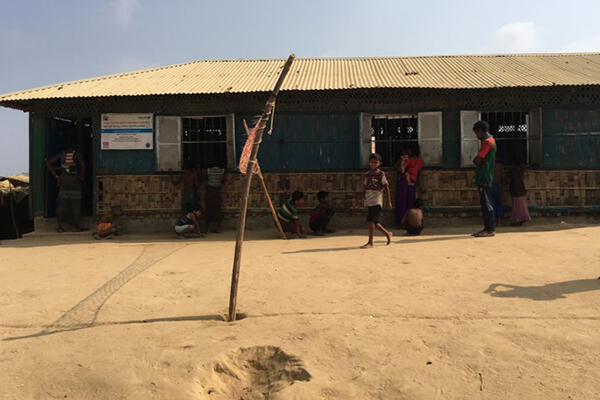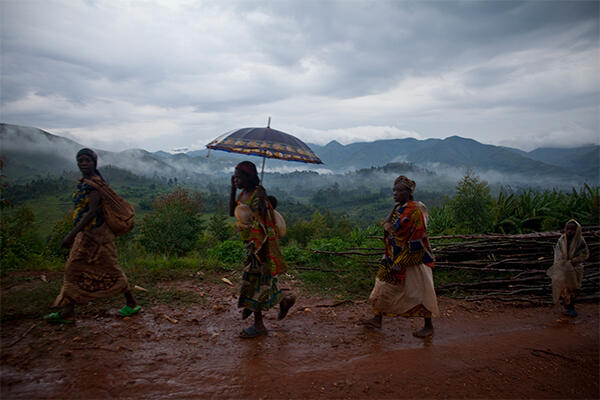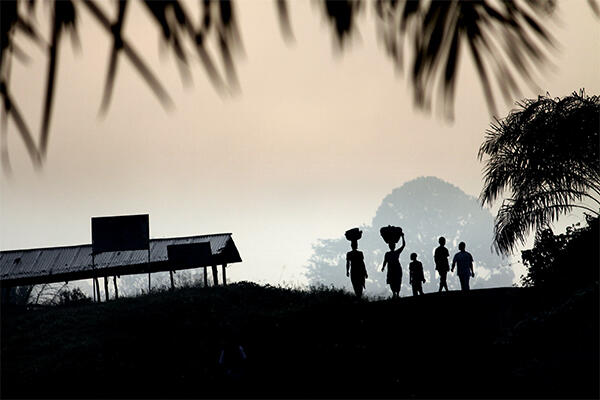Phuong Pham, Patrick Vinck, Bridget Marchesi, Doug Johnson, Peter J. Dixon, and Kathryn Sikkink. 3/2016. “
Evaluating Transitional Justice: The Role of Multi-Level Mixed Methods Datasets and the Colombia Reparation Program for War Victims.” Transitional Justice Review, 1, 4.
Read PublicationAbstractThis paper examines the role of mixed and multi-level methods datasets used to inform evaluations of transitional justice mechanisms. The Colombia reparation program for victims of war is used to illustrate how a convergent design involving multiple datasets can be used to evaluate the effectiveness of a complex transitional justice mechanism. This was achieved through a unique combination of (1) macro-level analysis enabled by a global dataset of transitional justice mechanisms, in this case the reparations data gathered by the Transitional Justice Research Collaborative, (2) meso-level data gathered at the organizational level on the Unidad para las Victimas (Victims Unit), the organization in charge of implementing the reparations program and overseeing the domestic database of victims registered in the reparations program, and (3) micro-level population- based perception datasets on the Colombian reparations program collected in the Peacebuilding Data database. The methods used to define measures, access existing data, and assemble new datasets are discussed, as are some of the challenges faced by the inter-disciplinary team. The results illustrate how the use of global, domestic, and micro- level datasets together yields high quality data, with multiple perspectives permitting the use of innovative evaluation methods and the development of important findings and recommendations for transitional justice mechanisms.



